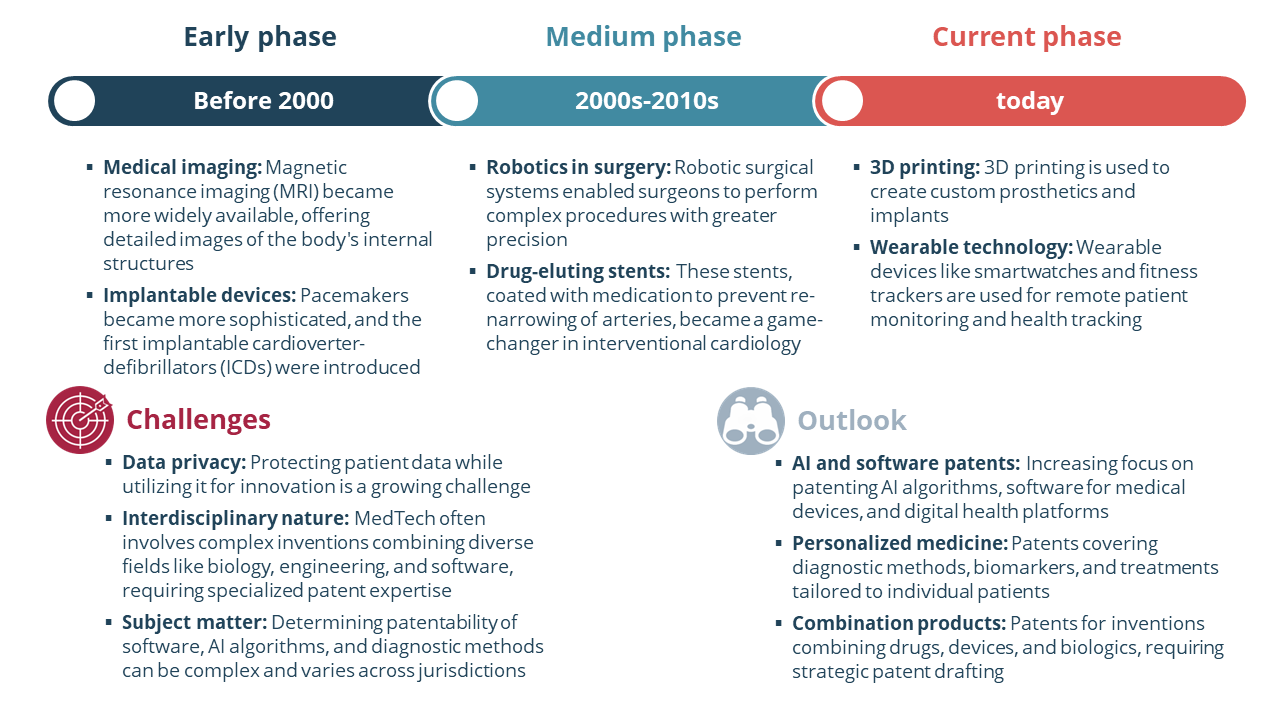The world of medicine is constantly evolving, with new technologies emerging to improve healthcare delivery and patient outcomes. Patents play a vital role in this landscape, incentivizing innovation and protecting the investments made in developing these groundbreaking medical technologies. From life-saving devices to cutting-edge diagnostics, patents provide inventors with exclusive rights to their creations, allowing them to control the production, use, and sale of their inventions. This exclusivity fosters a competitive market where companies are encouraged to invest in research and development, ultimately leading to better healthcare solutions.
Patents for medical technologies encompass a wide range of inventions, including new medical devices, diagnostic tools, and treatment methods. Securing a patent for a medical technology is a complex process, requiring a detailed description of the invention and a demonstration of its novelty and non-obviousness. The patent application must clearly articulate how the invention advances the state of the art.
The scope of patent protection for medical technologies is constantly evolving, with ongoing debates about the patentability of certain subject matter, such as genes, surgical methods, and diagnostic methods. Navigating this complex legal landscape requires specialized knowledge and expertise. Understanding the intricacies of patent law is essential for researchers, entrepreneurs, and companies involved in the development and commercialization of medical technologies. By securing strong patent protection, innovators can safeguard their investments, attract funding, and bring their life-changing inventions to the market, ultimately benefiting patients and improving healthcare worldwide.




